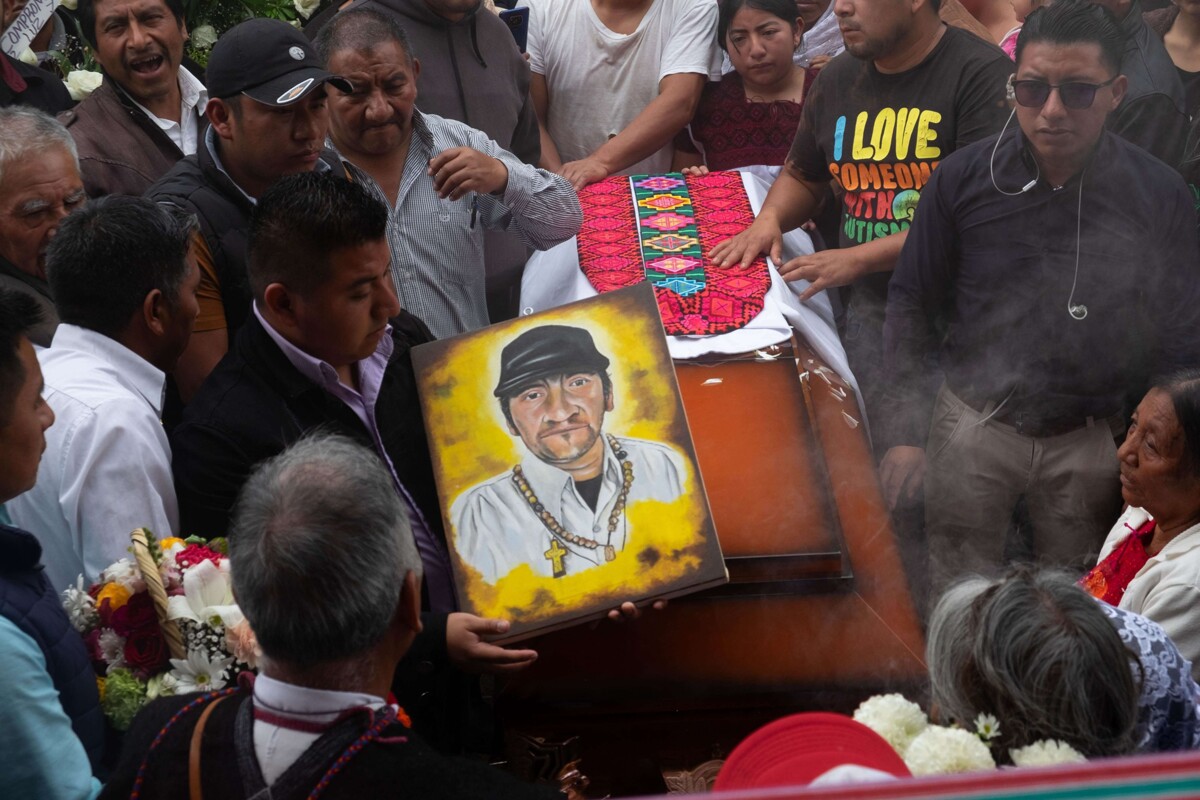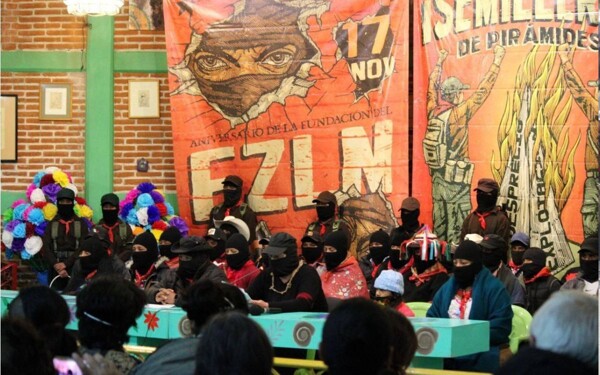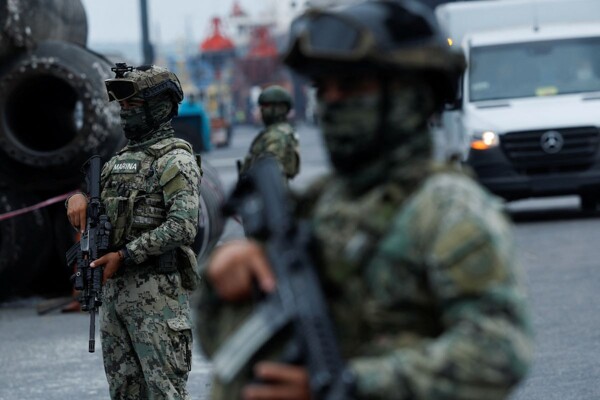
In Chiapas, a confrontation was brewing between the Jalisco New Generation Cartel and former allies of the Sinaloa Cartel. This situation generated uncertainty in the region. The detention of Gilberto Rivera Amarillas, known as Tío Gil, in 2016 marked a decline of power for the Sinaloa Cartel. Subsequently, a change in criminal alliances was evidenced on the southern Mexican border with the capture of Guatemalan Colonel Otto Fernando Godoy Cordón, who revealed similarities between the operations of Chapo Guzmán and the Jalisco Cartel.
The year 2023 brought announcements of an escalation of violence in Chiapas as Los Zetas consolidated their presence in the region, challenging established cartels. The incursion of the Jalisco New Generation Cartel intensified the conflict for territorial control. The situation was complicated by the participation of Guatemalan narcos in the region, who reinforced the ranks of criminal groups and changed the dynamics of drug trafficking in the area.
The arrival of the Maya Train altered the criminal balance in Chiapas, triggering a power struggle among various criminal organizations. Despite this change, authorities failed to contain violence and instability in the state. The murder of priest Pérez in San Cristóbal de las Casas exposed the fragility of security in Chiapas. Although a presumed material author was arrested, authorities have still not fully clarified the crime or identified the intellectual perpetrators.
Chiapas became a scene of conflicts between different cartels, including the Sinaloa Cartel, which still maintained a presence in the region through various operational cells. The construction of the Interoceanic Corridor of the Isthmus of Tehuantepec contributed to the consolidation of power of these criminal groups in the area. Despite ongoing investigations, it remains to be determined who is behind the unleashed violence in Chiapas and how security can be restored in the region.














